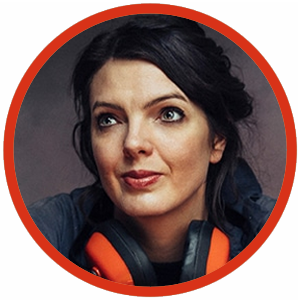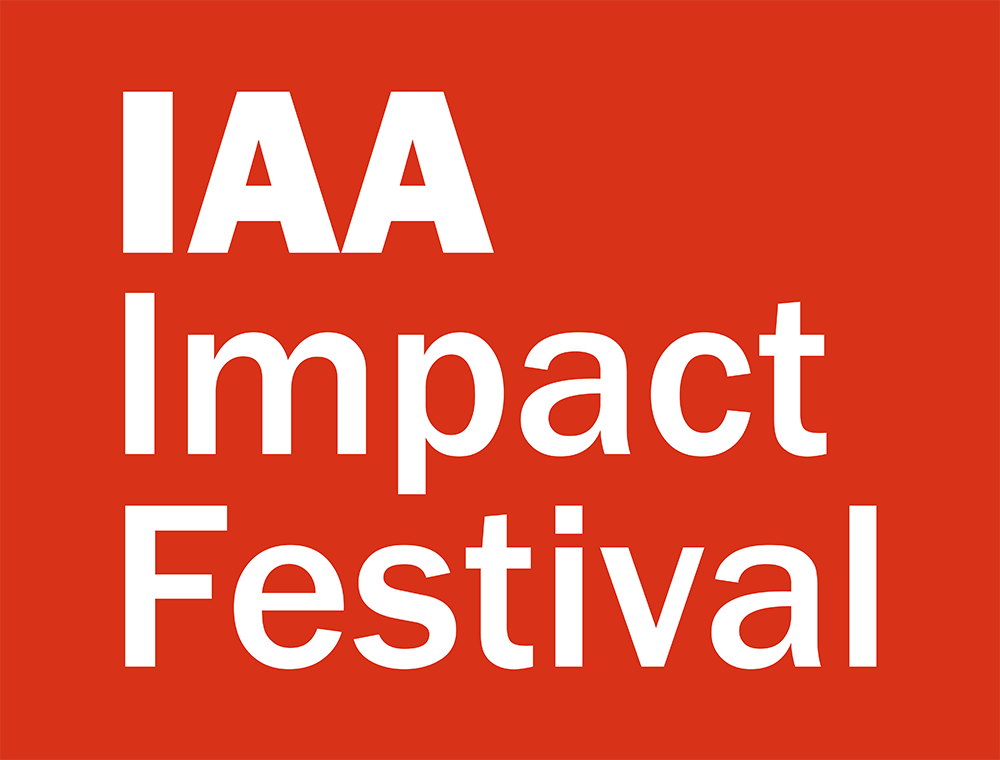
Keynote speaker
Fran Scott
This year’s keynote speaker is Fran Scott. Listed in The Progress 1000 London’s most influential people, Fran is the Science Content Developer at the Royal Institution as well as being the only female science presenter on CBBC. A scientist by training and an engineer at heart, Fran uses her knowledge to entertain and excite audiences of stage and screen. She is best known for her playful (and often fiery) demonstrations on the CBBC show Absolute Genius with Dick and Dom. With her own production company, Great Scott! Productions, she writes and produces high-octane shows for clients such as Google for Education, Mishkat Science Centre, Siemens and National Grid. Balancing entertainment with education, Fran manages to inject her demonstrations with narrative and humour to make them as enjoyable as they are informative.
